Imagine your task is to devise a site selection process for a radioactive waste disposal site: Where would you begin? What do you need to consider? How do you involve stakeholders? Which challenges will you face concerning their involvement? These questions were at the heart of a Technical Meeting on Stakeholder Communication in Radioactive Waste Disposal of the International Atomic Energy Agency IAEA, held from June 13th to June 17th 2016 in Vienna.
To start with some numbers, over thirty participants from twenty-three countries presented nineteen different siting processes during the meeting – from familiar examples already well underway such as France and Finland to more recent projects in South Africa, Lithuania or Australia, which may not be as well-known to Swiss stakeholders. All presentations provided first-hand experience accounts on the challenges faced and the approaches taken to deal with those.
In the Swiss siting process, the principle of «safety first» means that the geology determines where the repositories for high-level and low-level waste are to be built. Many countries, however, follow a volunteer approach, meaning that communes or, in the case of Australia, even individual landowners can announce their interest in hosting a radioactive waste disposal site. Other important differences between the programmes include regulator involvement, veto rights of siting regions and the level of participation. Despite all these differences, many of the challenges encountered in a siting process are similar across the programmes. For instance, the protection of surface and ground waters is a shared concern, as is the difficulty of choosing appropriate benefits for the community hosting a repository.
The main goal of the meeting was to review a draft based on earlier Technical Meetings and to gather how different programmes handled the many challenges of stakeholder involvement in a siting process. This goal was largely met by this year’s Technical Meeting and will eventually result in a publication. With the wealth of experience summarised, I am sure that current and future programmes will benefit from this exchange.
Samuel Pfyffer, Regional Participation Specialist SFOE
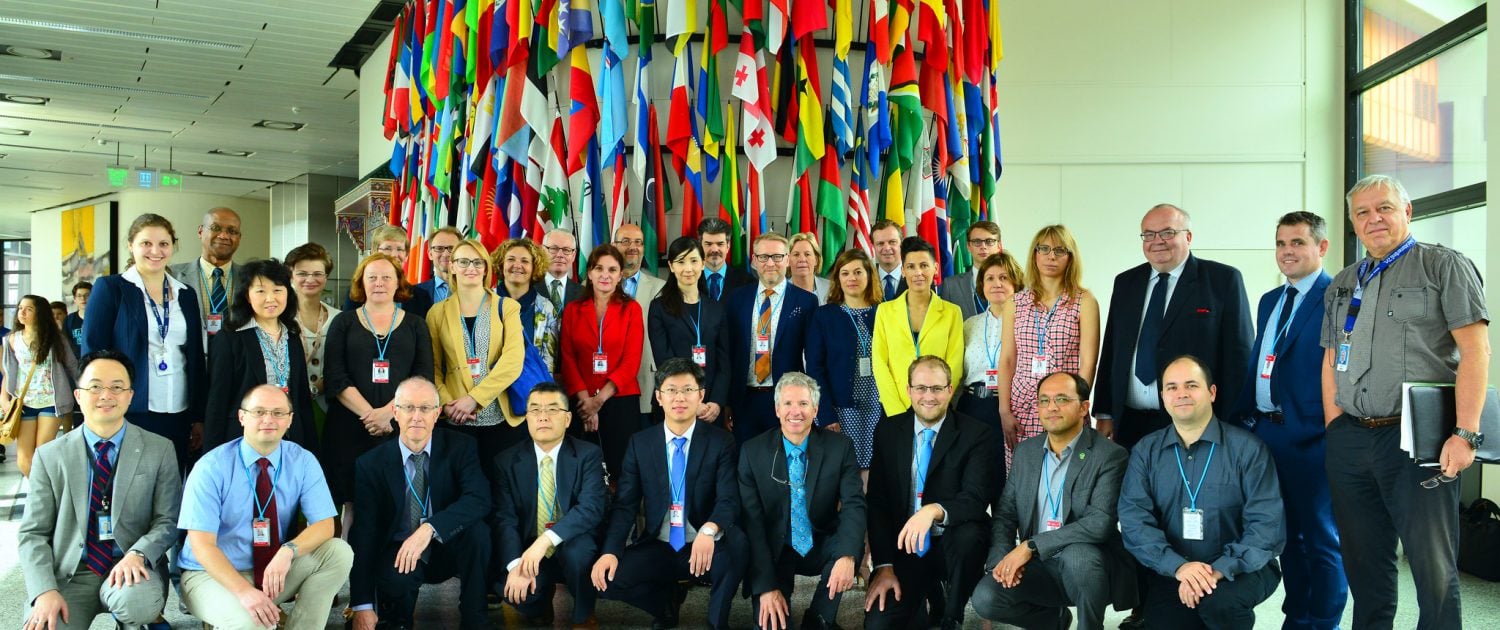

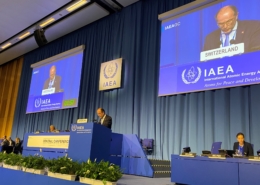 BFEDie Schweiz setzt sich bei der IAEA-Generalversammlung für Sicherheit ein
BFEDie Schweiz setzt sich bei der IAEA-Generalversammlung für Sicherheit ein 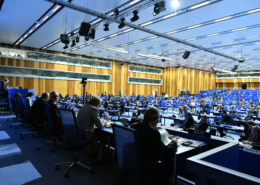 Dean Calma / IAEA64e Conférence générale de l'Agence internationale de l'énergie atomique
Dean Calma / IAEA64e Conférence générale de l'Agence internationale de l'énergie atomique 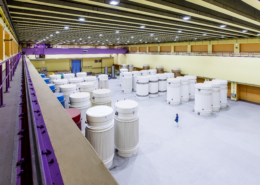 Zwilag20 Jahre Zwilag: «Wir sind da, solange es uns braucht.».
Zwilag20 Jahre Zwilag: «Wir sind da, solange es uns braucht.». 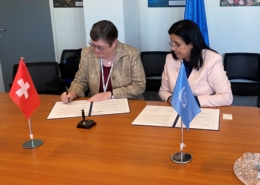 BFEVerstärkte Zusammenarbeit der Schweiz mit der IAEA im Bereich der Grundwasserforschung
BFEVerstärkte Zusammenarbeit der Schweiz mit der IAEA im Bereich der Grundwasserforschung 


Dein Kommentar
An Diskussion beteiligen?Hinterlassen Sie uns Ihren Kommentar!